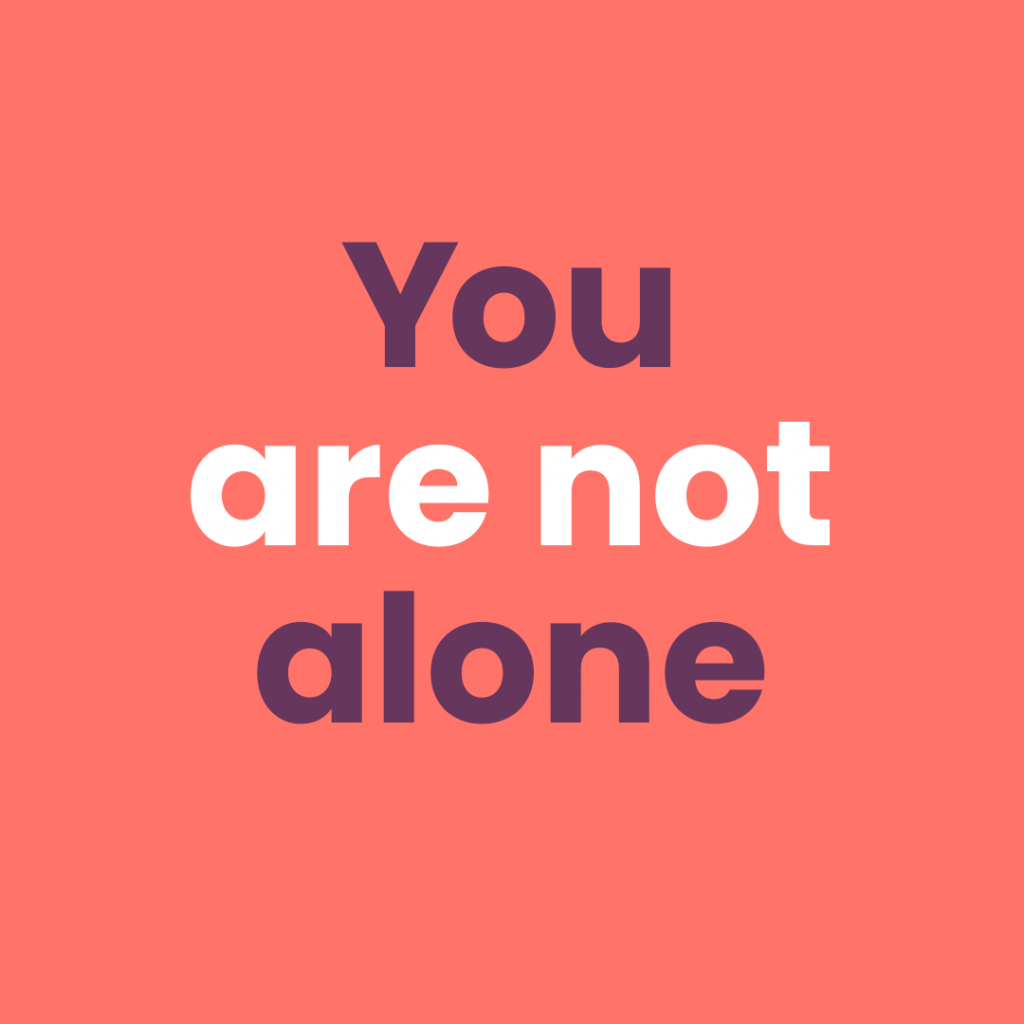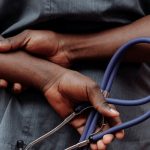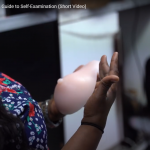
There is no easy way to receive a cancer diagnosis. It can be overwhelming, scary and may bring up emotions you are not used to feeling. Regardless of whether you are the person receiving the diagnosis or the loved one of someone with cancer, processing and managing your emotions towards cancer can be challenging.
Shock
Receiving a cancer diagnosis can be a huge shock and be difficult to come to terms with. In some cases, cancer is picked up during routine screening tests and there may be no obvious symptoms, or you may have symptoms that are also common in other illnesses.
During periods of shock, it can be difficult to take in information regarding a diagnosis and the next steps moving forward. It is helpful to bring a support person (a family member, friend or medical representative) to appointments for a source of support and to have an extra set of ears to help you remember the information that was discussed. You may also like to ask your healthcare professional to write down the key points discussed in your appointment if you would like to re-read it later when you feel less overwhelmed.
In most instances, your healthcare professional will send you home with information leaflets that are easy to read in your own time.
Fear and anxiety
It is completely normal to feel scared or anxious when you are told you have cancer. Not knowing what will happen in the future can be frightening and having to make big decisions around treatments can be overwhelming. Your healthcare professionals will support you through the decision-making process of the management of your cancer.
Many people worry about the side effects and long-term outcomes of treatments, as well as the impact their diagnosis has on their family and their lives. There are many services in place to help people manage their concerns during their treatments. Talking to a professional about your emotional concerns is important and easily accessible through your health care team. There are also support services available to your family members if they are struggling with your diagnosis.
Anger and guilt
It is common for people to look back and try to figure out how or why they got cancer. They may be angry and think “why me?” or be confused as to how they ended up with cancer despite living a healthy lifestyle.
Unfortunately, cancer does not discriminate and can affect anyone.
Instead of scrutinising the past, try to look forward and focus on what you can control. Being actively involved in your treatment plan and celebrating each small win can be helpful in feeling more in control. Joining support groups where you can talk with other people in similar situations can help to normalise your feelings and help you know that you aren’t alone.
Sadness and depression
Feeling sad about cancer is a very normal emotional response. You may feel sad for a variety of reasons; such as how cancer has impacted your everyday life and your plans for the future. These feelings of sadness may come and go during your cancer journey, or they may be constant. If your sadness is continuous or gets worse, it is important to speak to your health care team to assess if you have depression.
Depression is also common during a cancer diagnosis and there are lots of management and support options available to you. It can be easy to stop doing the things that you enjoy whilst you are going through treatment. Whilst some things may not be possible to continue, attempt to keep up with things that bring you joy. Alternatively, try out new things that may boost your mood.
Loneliness
You may feel alone or isolated from your family and friends because you might feel like they don’t understand, or you might not wish to talk about cancer with them. Your cancer may also limit you from being involved in some things like tasks at your job or hobbies such as sports. It is important to remember that you are not alone and that there are many individuals and services here to support you.
Many of the side effects of treatments that may stop you from participating in your usual activities are temporary and will pass once you have finished treatment. Talking to other people in similar situations at support groups (in person or online) can help as well as talking one to one with a healthcare professional. If you feel comfortable doing so, talking to your loved ones about how you are feeling will help them be able to support you during your cancer journey.
Resources for emotional support in the UK
- Cancer Education UK: A charity dedicated to helping people in the BAMER community diagnosed with cancer. They can organise a buddy for you to help support you through your cancer journey. Their volunteer buddies can attend hospital appointments with you, help you with daily tasks such as grocery shopping and provide over the phone support.
- Macmillan UK: Macmillan has a free cancer support hotline, telephone buddies and online community forums to share experiences and ask questions. During Covid-19, online and telephone services are very useful and easy for you to access. Macmillan also has an extensive range of easy to understand information leaflets on treatments, side effects and managing emotions.
- Your healthcare team: If you are having treatment, you will most likely be allocated a clinical nurse specialist or a healthcare professional who is your main contact. They will be able to refer you onto psychological services such as counselling or support groups.
- Your GP: Your GP will also be able to refer you onto psychological services. Your GP will be someone who has long term contact with you and will be able to closely monitor how you are getting on.
About the author

My name is Emma Thorne and I am a Radiotherapist (Therapy Radiographer) working in the UK. My job involves treating cancer using Photon and Proton Beam Radiation Therapy. I have lived and worked with cancer patients in Australia, England and the Caribbean.
I joined Cancer Education UK in 2020 as a volunteer through my friend and colleague, and Founder of Cancer Education UK, Mary Oladele. My goal is to help raise awareness about cancer in the community and encourage people to be proactive in seeking help with their health and well being.




